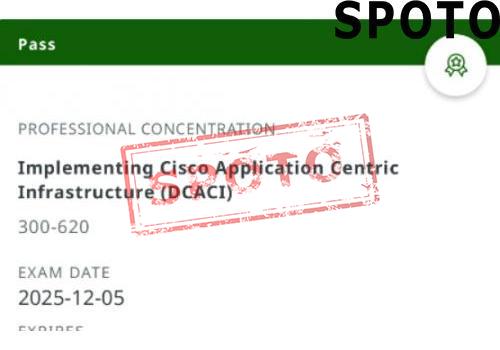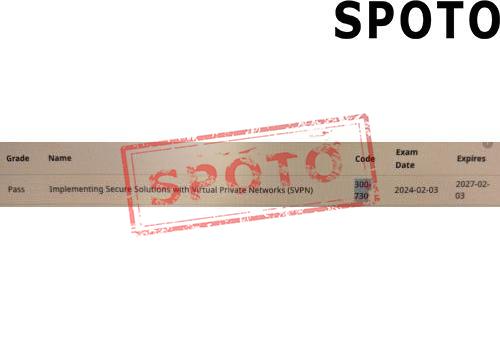
Table of Contents
This article will introduce you to what a Storage Engineer is, the career information of a Storage Engineer and the necessary conditions to become a Storage Engineer.By reading this article, you will gain an in-depth understanding of the profession of Storage Engineer.
1. What is a Storage Engineer?
A storage engineer is responsible for designing, implementing and maintaining an enterprise or organization's data storage system and providing more reasonable data storage solutions based on actual conditions to protect the security and stability of data assets.
Other job duties for a Storage Engineer may include the following:
As a storage engineer, you need to be fully responsible for the design and implementation of the enterprise storage architecture, and continuously monitor its performance and capacity changes for prediction and optimization; in addition, storage engineers must manage SAN, NAS and cloud storage environments to ensure that data backup and recovery mechanisms are in place to maintain data integrity and security. At the same time, storage engineers need to write and maintain configuration documents, automated operation and maintenance scripts, and regularly participate in audits to ensure compliance standards. In their daily work, they will also work closely with network, security, development and other teams to resolve storage failures and evaluate the feasibility of new technologies, ultimately ensuring that the organization's data infrastructure is efficient, secure and highly available.
2. How much does a Storage Engineer Make?
According to data from ZipRecruiter on June 18, 2026, the average hourly salary for storage engineers in the United States is $56.21. The hourly salary can be as high as $83.17 and as low as $10.34, but most storage engineers currently earn between $46.63 and $66.35 nationwide. The average salary range for storage engineers varies widely (up to 19%), which means there may be many opportunities for advancement and pay increases for storage engineers depending on skill level, location, and years of experience.
3. Job Outlook of Storage Engineer
Overall, the Job Outlook of Storage Engineer is optimistic and strong.According to the U.S. Bureau of Labor Statistics, overall employment in the architecture and engineering industries is projected to grow faster than the average for all occupations between 2023 and 2033. These industries are expected to have an average of about 195,000 job openings each year due to job growth and the need to replace workers who permanently leave the industry.
4. What Are the Qualifications to Become a Storage Engineer?
(1) Obtain a Bachelor's Degree
Based on a large amount of job recruitment information, this article found that to obtain a storage engineer position, most companies require job seekers to have at least a bachelor's degree in engineering, computer science or any related disciplines.
(2) Develop professional skills
Focus on mastering specific storage technologies, virtualization, and cloud storage platforms. Accumulating expertise in these areas will make you an indispensable talent in the digital transformation of your enterprise.
(3) Earn Industry Certifications
Obtaining a certification that is highly recognized by the industry can prove your professional ability and ability to perform the position, and can also enhance your competitiveness in the workplace. Therefore, we recommend that you obtain the CCNP Data Center certification.This certification can certifiy your know-how to implement core data center technologies including network, compute, storage, automation, and security. Be the data center networking go-to expert with the Cisco Certified Network Professional (CCNP) Data Center certification.
5. Similar Occupations of Storage Engineer
- Systems Engineer
- Cloud Infrastructure Engineer
- Cloud Engineer
- SAN Engineer
- NAS Engineer
- Storage Security Analyst
- Infrastructure Engineer
- Data Center Engineer
- Backup and Recovery Specialist










